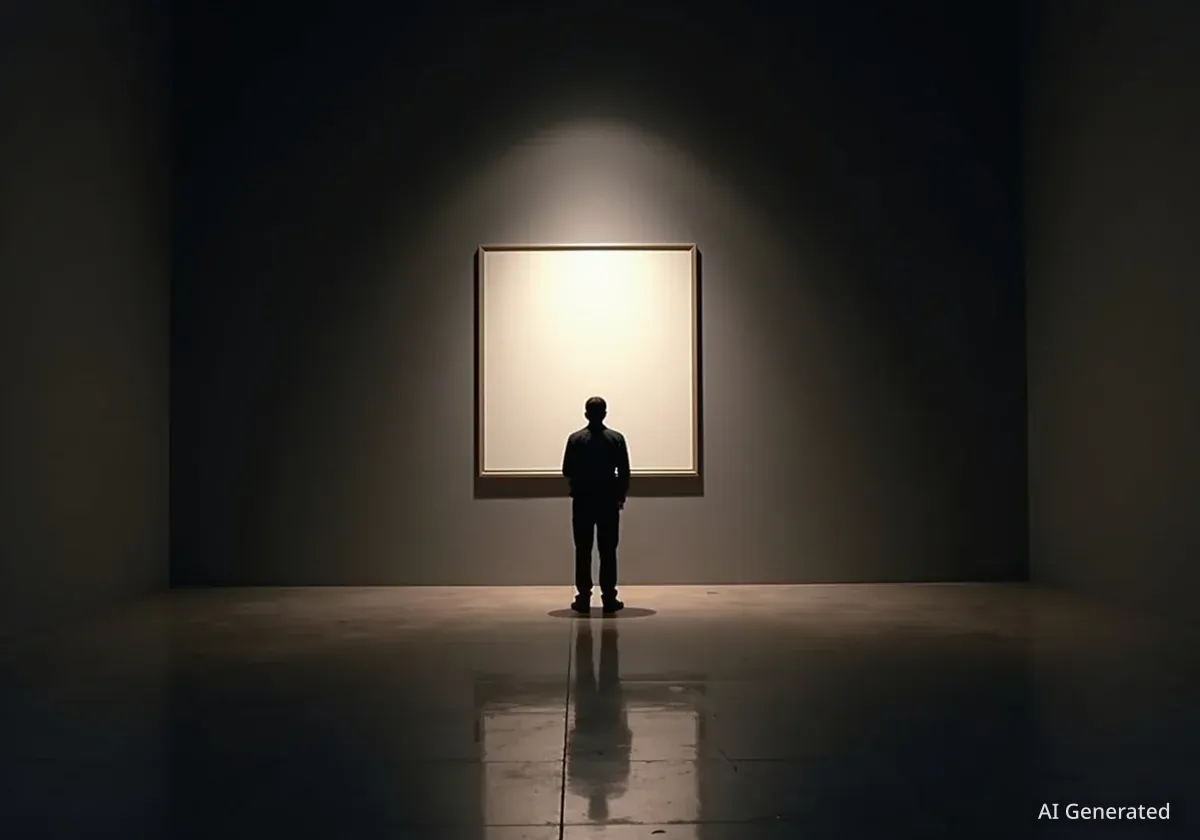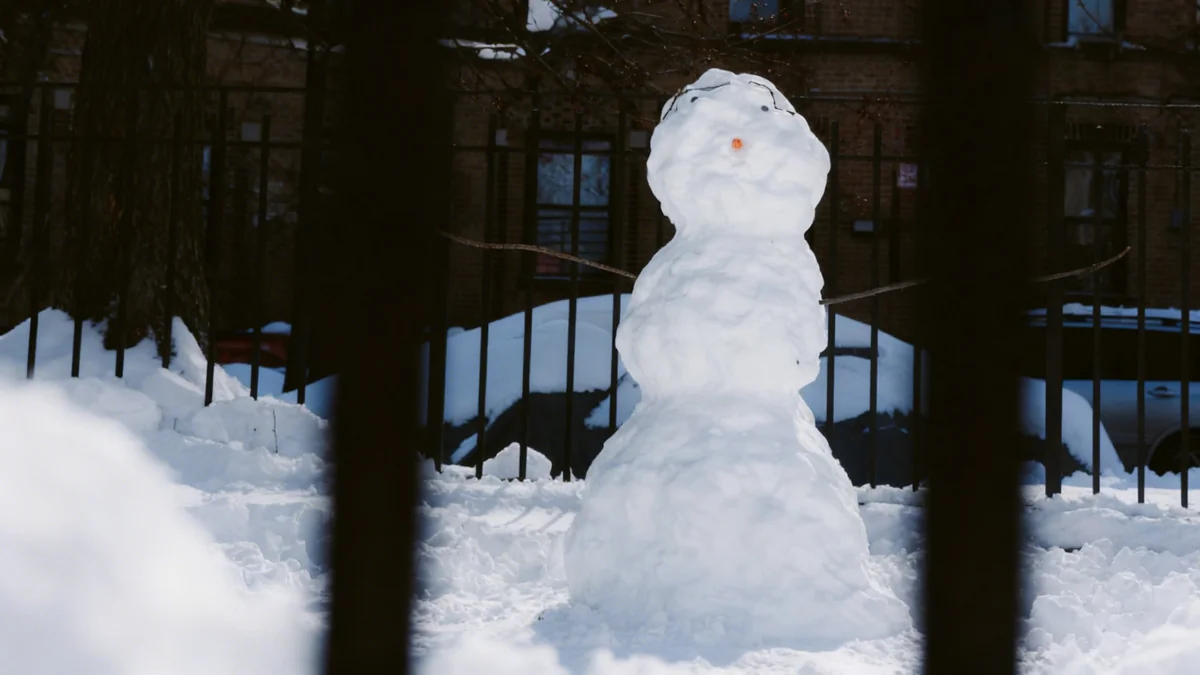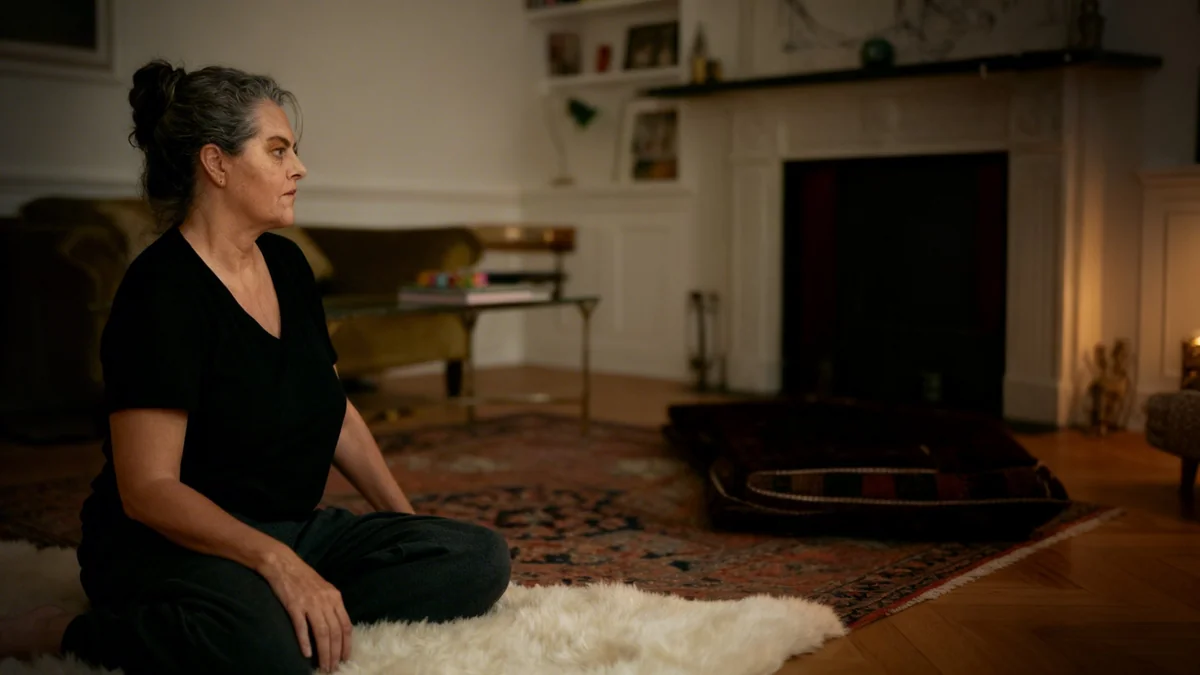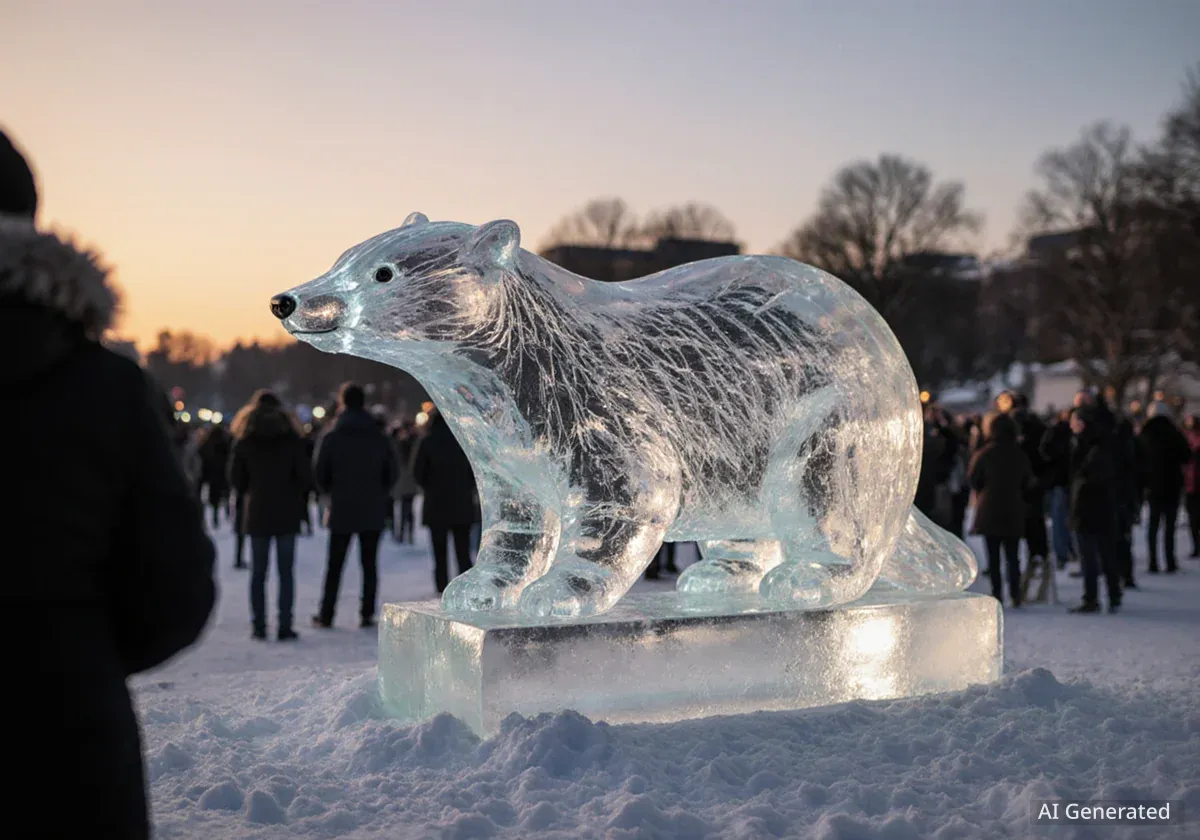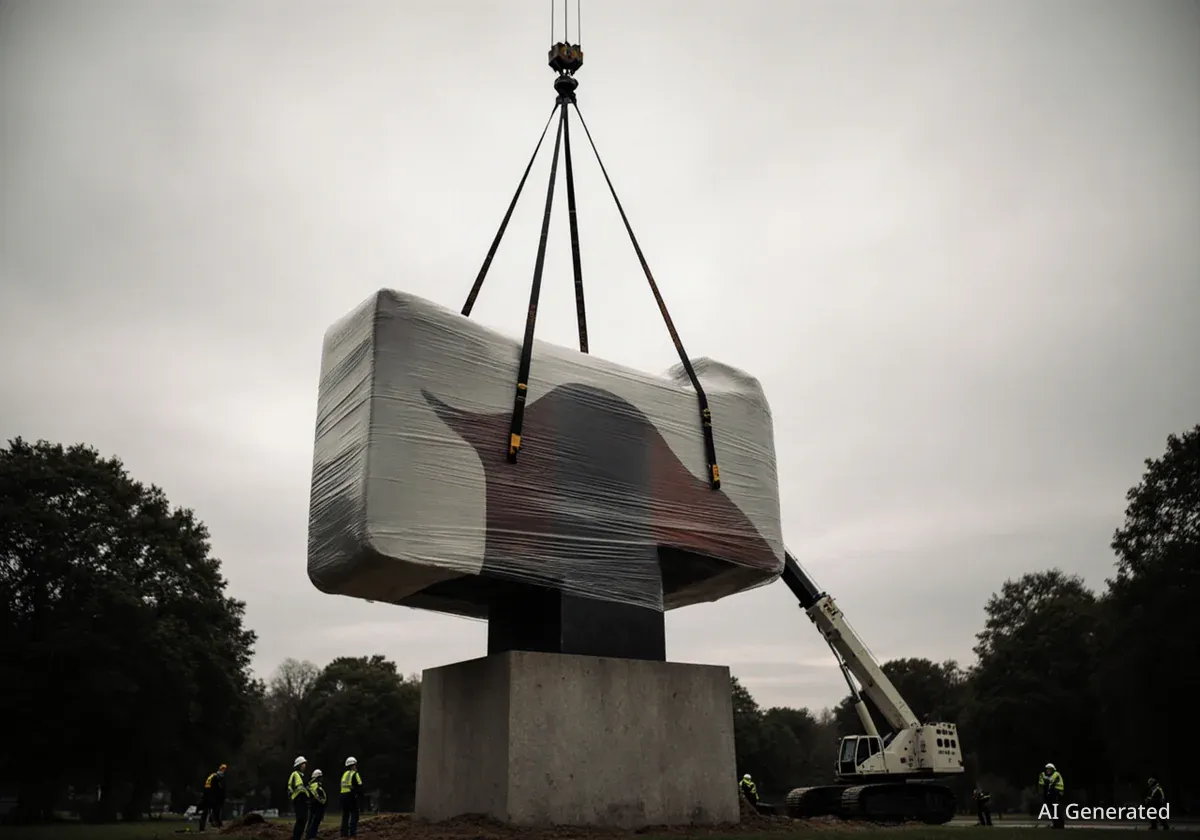Photographer Sally Mann has expressed deep concerns about a new era of censorship in American art institutions following the seizure of her work from a Texas museum earlier this year. In a recent interview, Mann discussed the incident's impact on her creative process and warned of increasing political pressure on museums, a sentiment echoed by other prominent artists.
Key Takeaways
- Photographer Sally Mann's 1990s photographs were removed from a Texas museum after a conservative group raised objections.
- Though an investigation cleared the work and the photos were returned, Mann says the experience has made her more risk-averse.
- Mann, along with artists like Simone Leigh and Amy Sherald, warns of growing censorship and political influence over U.S. museums.
- The controversy has led Mann to reconsider her plans to donate her life's work to a publicly-funded museum.
Controversy at the Modern Art Museum
In January 2024, a selection of Sally Mann’s photographs was seized from the Modern Art Museum of Fort Worth in Texas. The works in question were from a series created in the 1990s, featuring images of her children at their rural home in Lexington, Virginia. Some of these photographs included depictions of nudity.
The action followed an open letter from the Danbury Institute, a conservative Christian advocacy group. The letter, which gained support from some local government officials, characterized the images as inappropriate, with some critics using inflammatory language to describe the work.
An official investigation was launched into the matter. Ultimately, all charges were dropped, and the photographs were returned to Mann's representing gallery, Gagosian. However, Mann stated the event has had a lasting effect on her.
Background on the Artist
Sally Mann is an acclaimed American photographer known for her large-format, black-and-white images. Her work often explores themes of family, memory, mortality, and the complex landscape of the American South. The series featuring her children, first published in the book Immediate Family (1992), has been a subject of both critical praise and public debate for decades.
An Artist's Response to Censorship
In a recent interview with NPR, Mann revealed the incident has made her more cautious. "I’m risk-averse fundamentally. And more so now," she said. She admitted to being a "chicken" for deciding not to include a specific 1990s photograph of her two young daughters in her latest memoir, Art Work.
Mann believes the recent events signal a dangerous trend. "We’re entering a new era of culture wars, I’m quite sure," she explained. The photographer suggested that modern tools, particularly social media, have given critics more sophisticated methods to organize and apply pressure.
"The people who are pursuing this are much more sophisticated and have many more tools at hand," Mann told NPR, referring to the role of social media in amplifying criticism.
She contextualized the controversy by pointing to the long history of nudity in art. "Nevermind that Jesus Christ is portrayed any number of times in great paintings nude, and there are little putti [chubby winged children] peeing into fountains right and left in every Italian garden," she stated. Mann argued that critics are sexualizing what she considers "completely innocent child nudity."
Wider Concerns in the Art Community
Mann is not alone in her concerns. Her warning comes amid increased scrutiny of cultural institutions. The Trump administration has initiated reviews of museum programs, with President Trump referring to some as part of "the last remaining segment of ‘WOKE.’"
The Smithsonian Under Review
The Smithsonian Institution has been placed under a formal review, with specific artworks and exhibitions being targeted for their content. This has raised alarms among artists and museum curators about political interference in cultural programming.
Other major artists have voiced similar fears. Sculptor Simone Leigh told The Guardian, "we’re now living under full-on fascism here." Painter Amy Sherald canceled her planned exhibition, "American Sublime," at the Smithsonian’s National Portrait Gallery in July due to what she described as censorship.
In an op-ed, Sherald explained her decision. "Museums are not stages for loyalty. They are civic laboratories," she wrote. "They are places where we wrestle with contradictions, encounter the unfamiliar and widen our circle of empathy. But only if they remain free."
The Official Position
Lindsey Halligan, the lawyer leading the White House review of the Smithsonian, offered a different perspective. She told NPR the executive order’s goal is to "depoliticize our nation’s museums and ensure the Smithsonian presents history with balance, integrity and openness." She asserted that "history is not being erased but shared more fully, free from partisan influence."
However, Halligan also specifically commented on Mann's work, stating that the photographs in question should "never be in a federally funded institution like the Smithsonian."
The Future of an Artist's Legacy
The controversy has created uncertainty for Mann's future plans. The artist had intended to donate her entire estate to the publicly-funded Virginia Museum of Fine Arts. Now, she is reconsidering that decision.
"The ripples of this new regime are far-reaching, even reached to little old me. I don’t know what to do," Mann confessed. Her concern is not just for the safety of her prints but for the stability of the institution itself.
She fears that housing controversial work could put the museum's public funding at risk. "Even if they held them and took perfect care of them and the prints themselves weren’t at any risk, the funding for the museum might be at risk," she explained. This dilemma highlights the difficult position artists and cultural institutions face in an increasingly polarized political climate.
